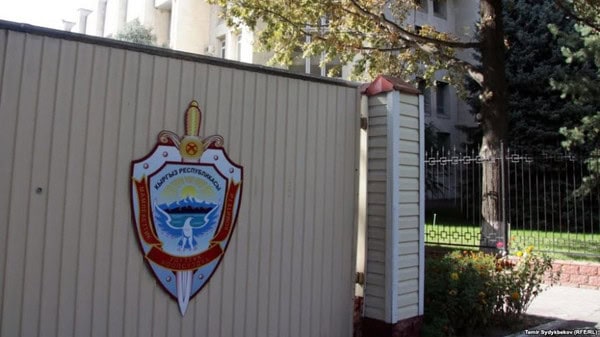Expert: There is a conflict of interests in criminal cases of torture in Kyrgyzstan
When initiating criminal cases of torture (the article 143 of the new Criminal Code of the Kyrgyz Republic), there is a “conflict of interests”. This was noted during the discussion of alternative reports on the human rights situation in Kyrgyzstan by the representative of the National Center against torture and cruel treatment, Kamaldin Zhaparov.
According to him, the State Committee for National Security (SCNS) investigates the cases, even in the case of torture by the employees of this Department.
“The situation is complicated by the closeness of this Department,” Zhaparov added.
The representative of the NCPP emphasized that not all allegations of torture reach the court and the conviction.
“Insecurity of victims of torture sometimes leads to the fact that victims refuse to support allegations. There is a possibility of pressure on the victim and his/her family. Also, victims of torture don’t believe in a fair and impartial court, they suffer from lengthy trials when each time they are forced to testify again and again,” Kamaldin Zhaparov explained.
Zhaparov said that lawyers are faced with problems of timely appointment and quality of forensic medical examinations, which are important for further investigation of the fact of torture and cruel treatment.
“The lack of clear deadlines in the Criminal Procedure Code of the Kyrgyz Republic from the moment of registration of complaints of torture to the start of pre-trial proceedings is an obstacle for a timely and effective investigation. For years, cases may be in the Unified Register of misconduct and offenses,” the human rights activist said.
Kamaldin Zhaparov gave an example when a citizen, who suffered from torture in 2015, was only able to attend a court in 2019 to testify against police officers who had tortured him. The expert voiced a recommendation that these cases be considered in a short time.




